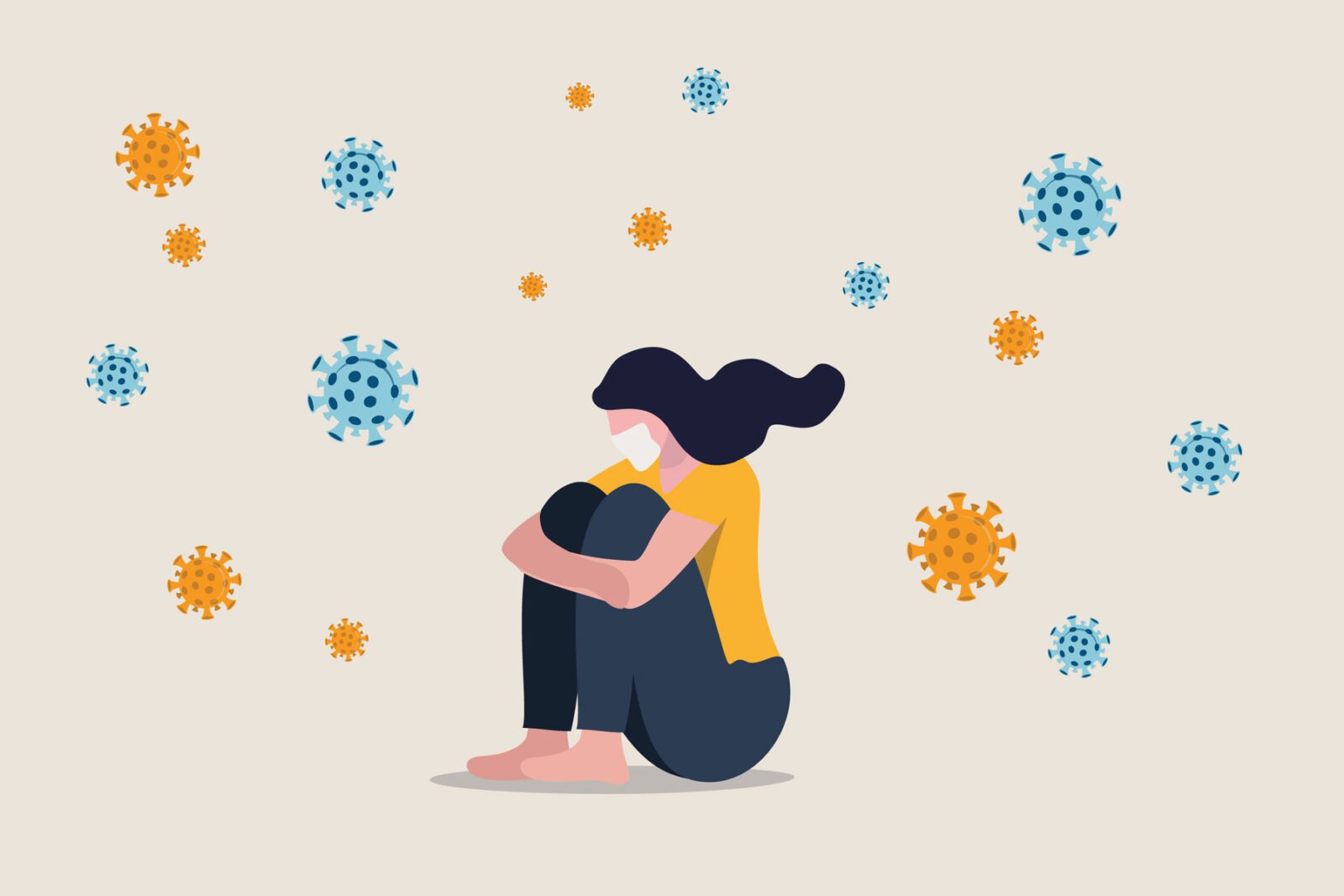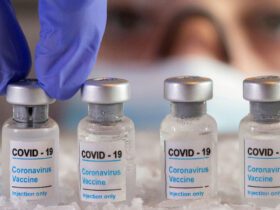According to a current study, those who catch COVID-19 may remain contagious for more than two months.
Of course, being infectious for this long is not common, but scientists intend to broaden the research to understand better how many individuals may be lengthy carriers.
According to researchers from the University of Exeter in England, after ten days of quarantine, 13 percent of patients are still infectious and have clinically relevant levels of the virus.
People were infected with the virus for 68 days in the most severe instances.
According to the research, there is nothing “clinically remarkable” about the individuals who continue to have high quantities of the virus, implying that it may happen to anybody.
To assess if the virus was still alive, researchers used an experimental test on 176 patients who had tested positive on routine PCRs.
The findings imply that the new test should be used in areas where individuals are at risk to prevent the spread of COVID-19.
Anyone Can be a Lengthy Carrier
Lorna Harries, study co-author, stated that while this is modest research, our findings imply that potentially active virus may occasionally linger beyond ten days, posing a possible danger of onward transmission. Also, there was nothing clinically exceptional about these folks, so we couldn’t determine who they were.
Harries and her colleagues caution that people should be mindful of persons who have just been sick.
This is particularly true now that the Centers for Disease Control and Prevention has reduced the recommended isolation period for infected individuals to five days.
Dr. Merlin Davies, the lead author, noted that patients who remain infectious beyond ten days might constitute a severe public health concern in particular circumstances, such as people returning to care homes following sickness. Doctors may need to guarantee that everyone in those settings has a negative active virus test to confirm they are no longer infectious. They want to perform more extensive experiments to study this better.
The media release made no indication of whether the team is planning to conduct broader research in the future.
The findings appeared in the Journal of Infectious Diseases.











Leave a Reply